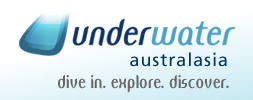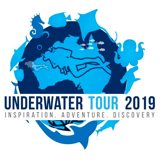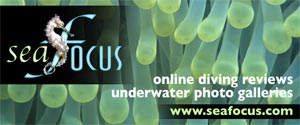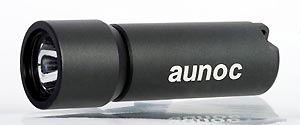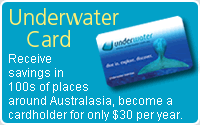- Home
- Directory
- Shop
- Underwater Cameras - Photographic Accessories
- Smartphone Housings
- Sea Scooters
- Hookah Dive Systems
- Underwater Metal Detectors
- Dive Gear
- Dive Accessories
- Diving DVD & Blu-Ray Discs
- Diving Books
- Underwater Drones
- Drones
- Subscriptions - Magazines
- Protective Cases
- Corrective Lenses
- Dive Wear
- Underwater Membership
- Assistive Technology - NDIS
- On Sale
- Underwater Gift Cards
- Underwater Art
- Power Stations
- Underwater Bargain Bin
- Brands
- 10bar
- AirBuddy
- Akona
- AOI
- Apollo
- AquaTech
- Atomic Aquatics
- aunoc
- AxisGo
- Backscatter Underwater Video and Photo
- BLU3
- Buddy-Watcher
- Cayago
- Chasing
- Cinebags
- Contour
- Deepblue
- Devilite
- Digipower
- DJI
- Dyron
- Edge Smart Drive
- Eneloop
- Energizer
- Exotech Innovations
- Fantasea
- FiiK Elektric Skateboards
- Fotocore
- Garmin
- Geneinno
- GoPro
- Hagul
- Hoverstar
- Hydro Sapiens
- Hydrotac
- Ikelite
- Indigo Industries
- Inon
- Insta360
- Intova
- Isotta Housings
- Jobe
- JOBY
- Kraken Sports
- LEFEET
- Marelux
- Mirage Dive
- Nautica Seascooters
- Nautilus Lifeline
- NautiSmart
- Nitecore
- Nocturnal Lights
- Nokta Makro
- Ocean Guardian
- Oceanic
- Olympus
- OM System
- Orca Torch
- Overboard
- Paralenz
- PowerDive
- QYSEA
- Ratio Dive Computers
- Scubajet
- Scubalamp
- Sea & Sea
- SeaDoo Seascooter
- SeaLife
- Seashell
- Seavu
- Shark Shield
- Sherwood Scuba
- Spare Air
- StickTite
- StormCase
- Sublue
- Suunto
- SwellPro
- T-HOUSING
- Tusa
- U.N Photographics
- Venture Heat
- XTAR
- Yamaha Seascooter
- Youcan Robot
- Zcifi
Gone fishing this Christmas ? - Please take care of our oceans
This is a pledge from Catherine Cheung is an Education Officer for Noosa Integrated Catchment Association:
Every year, some 800,000 Queenslanders venture out to our beautiful and productive coastal waters and rivers to fish.
Moreton Bay alone is fished by over 300,000 recreational anglers annually.
For seasoned sports fishers, nothing quite beats the exhilaration of reeling in the heaviest fish on the lightest line!
Like the losers in fishing contests however, the fish, rays and sharks that bit and got away or were released with tackle still in their mouths or gills seldom get a mention.
Nor do the countless fragments of fishing lines and hooks lost to underwater snags every weekend.
Few realise that monofilament fishing line, a great invention for anglers, lasts up to 600 years in the environment.
Being translucent and practically “indestructible”, lost or discarded line continues to take a heavy toll "off the reel’' for many years, by entangling unintended passers-by - turtles, seabirds and marine mammals.
The lasting stainless steel/alloy hooks can continuously tear open wounds and cause serious infections.
When ingested, hooks cause internal injuries and disrupt feeding. The problem is passed up the food chain when small hooked fishes are taken by larger fish, sharks, seabirds and other animals. Lost tackle can injure and kill repeatedly.
The endangered Grey Nurse Shark, although protected by law, continues to suffer from incidental capture.
“Results from a NSW Government research program indicate that the incidence of ‘hooked’ sharks has jumped from two percent to 12 percent in the past decade. Autopsies on 10 grey nurse sharks … found six had swallowed hooks, indicating there is more damage to the population than can be seen”. QLD Department of Primary Industries and Fisheries.
In Moreton Bay, boat strikes, fishing gear entanglement, plastic garbage and habitat degradation are killing our iconic dugongs and marine turtles.
“A staggering 200 turtles are reported dead, injured or sick in our Marine Park every year … the present level of anthropogenic mortality on dugongs … may be too high to be sustainable …”. Moreton Bay Marine Park statistics.
Moreover, impact from recreational fishing is merely the tip of the iceberg, when miles of ghost nets from commercial fishing now haunt the ocean.
Most notably, the Gulf of Carpentaria in northern Australia is a death trap, with a vast concentration of ghost nets carried in from SE Asian countries by ocean gyres, seasonal storms and tidal currents.
Through the Carpentaria Ghost Nets Programme, indigenous rangers, volunteers, government and conservation agencies have been working together to tackle this problem. In just three years, more than 82 km of nets have been retrieved!
On the Sunshine Coast, Fishing Line Recovery Bins have been installed at popular fishing spots from Boreen Point to Noosa Spit, as a collaborative effort among the Noosa Integrated Catchment Assoc., former Noosa Shire Council, Oceanwatch, Queensland Litter Prevention Alliance and local businesses.
First of its kind in Australia, following a model from Florida, the bins are designed to help recreational fishers enjoy their pursuit and do the right thing for the environment.
The trial project was so successful that NSW has followed suit and pushed forward a State-wide program. More recently, WA has also launched its own Fishing Line Recovery and Education Program.
Unfortunately, the Noosa project is at risk of collapse due to dwindling financial and volunteer support, despite the fact that the rising popularity of many fishing sites has resulted in an increased amount of discarded and lost fishing gear.
To keep up with growing fishing pressure and safeguard our environment, the Fishing Line Recovery Program needs to be maintained, and indeed, expanded across the Sunshine Coast and Queensland.
A firm commitment and substantial support from government and local businesses are much needed now.
As responsible fishers and locals who love our rivers and oceans, you can do your part to protect what you love and enjoy with just a few easy steps:
o Adhere to local fishing, anchoring and speed regulations.
o Use line strengths appropriate to the area and species fished. Do not use old and brittle lines or leave lines unattended.
o Use appropriate amount of float line on crab pots and check pots regularly to reduce chance of wildlife entanglement and gear loss.
o Remove as much fishing gear as possible from any entangled or hooked animals before releasing. Use barbless hooks to make removal easier and circle hooks to avoid gut hooking.
o Use the cheaper, non-stainless steel hooks that rust away to reduce long-term injury and fatality, especially in threatened species.
o Dispose of discarded tackle in dedicated Fishing Line Recovery Bins, or bundle up inside secure containers before throwing into the General Waste Bins (birds and other wildlife can get ensnared by loose fishing lines, tackles and ropes in landfills).
o Do not litter. And don’t contaminate the Fishing Line Recovery Bins (Volunteers have the unpleasant job of emptying and recording the items collected – please don’t make their job impossible!).
o Support and participate in local clean ups and other environmental projects.
![]() Contributed by Tim Hochgrebe added 2008-12-15
Contributed by Tim Hochgrebe added 2008-12-15
![]() Login or become a member to join in with this discussion.
Login or become a member to join in with this discussion.

 Local Dive Thailand
Local Dive Thailand
Phuket's local scuba diving experts. A great blend of Thai local knowledge and European professionalism that equals a superb dive experience with the most knowledgeable guides and instructors
Shopfront
-
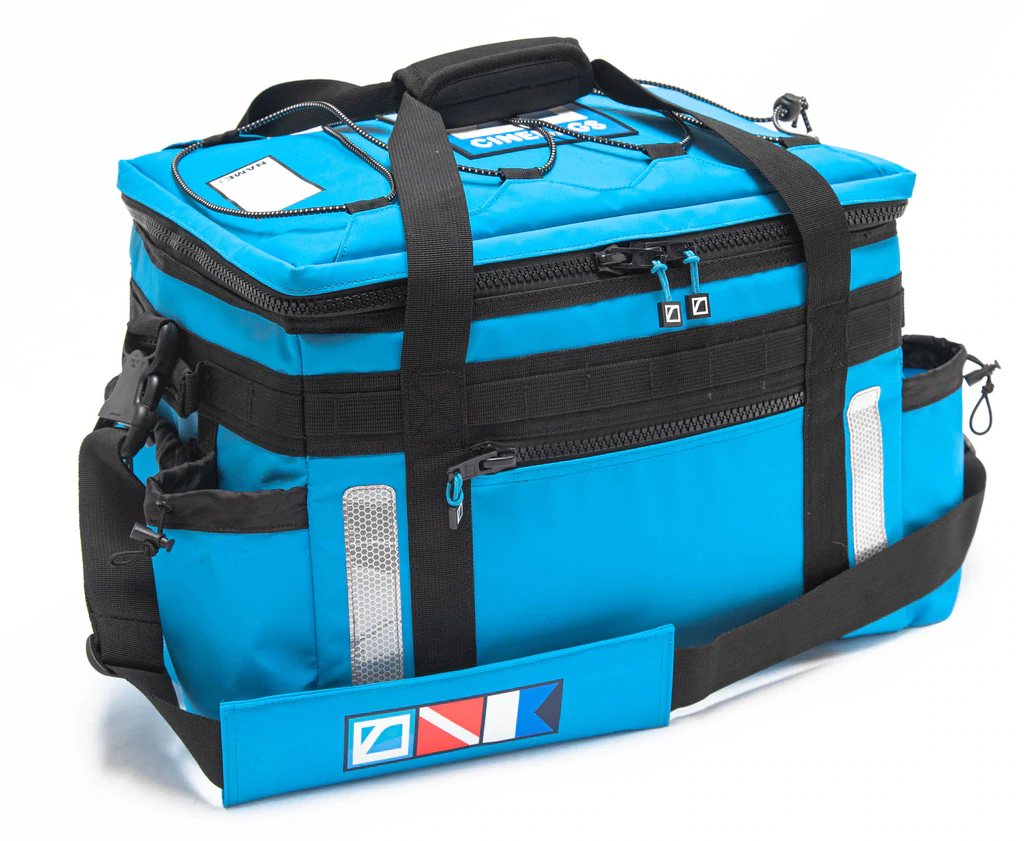 CineBags - CB80 Square Grouper XL
CineBags - CB80 Square Grouper XL
- Price A$ 365.00
-
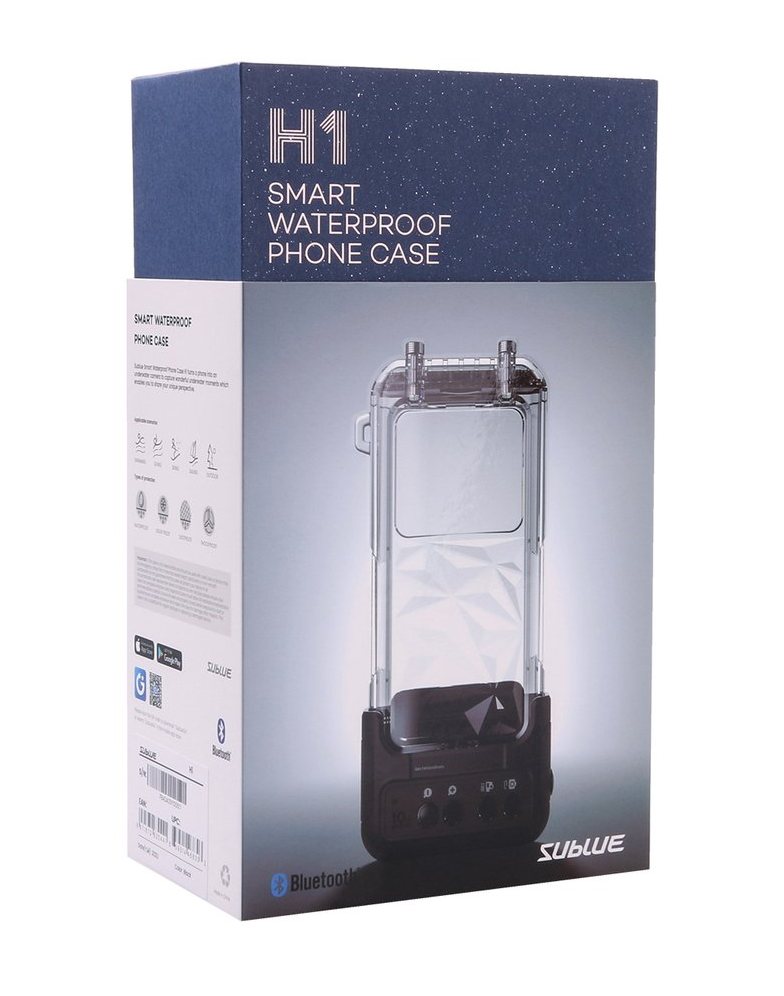 Smart Waterproof Phone Case H1
Smart Waterproof Phone Case H1
- Price A$ 189.00
-
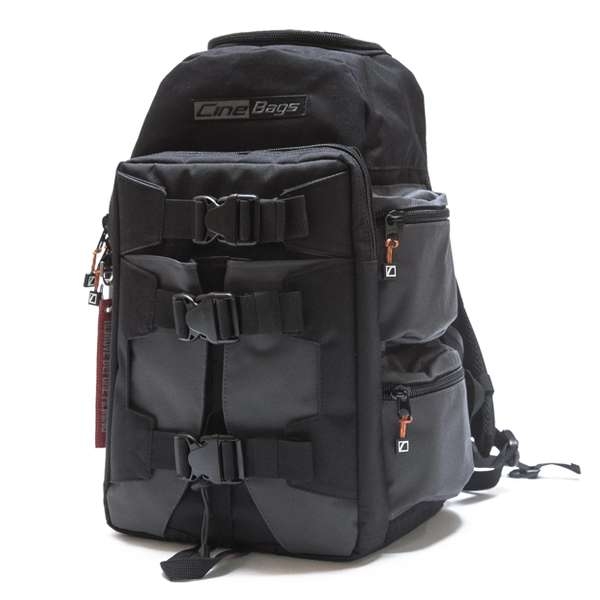 CineBags - CB23 DSLR Backpack
CineBags - CB23 DSLR Backpack
- Price A$ 405.95
-
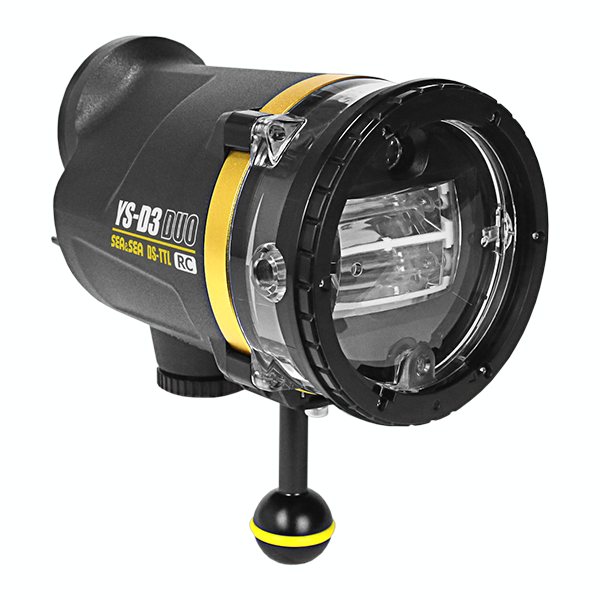 Sea & Sea YS-D3 DUO Strobe
Sea & Sea YS-D3 DUO Strobe
- Price A$ 1,649.00
-
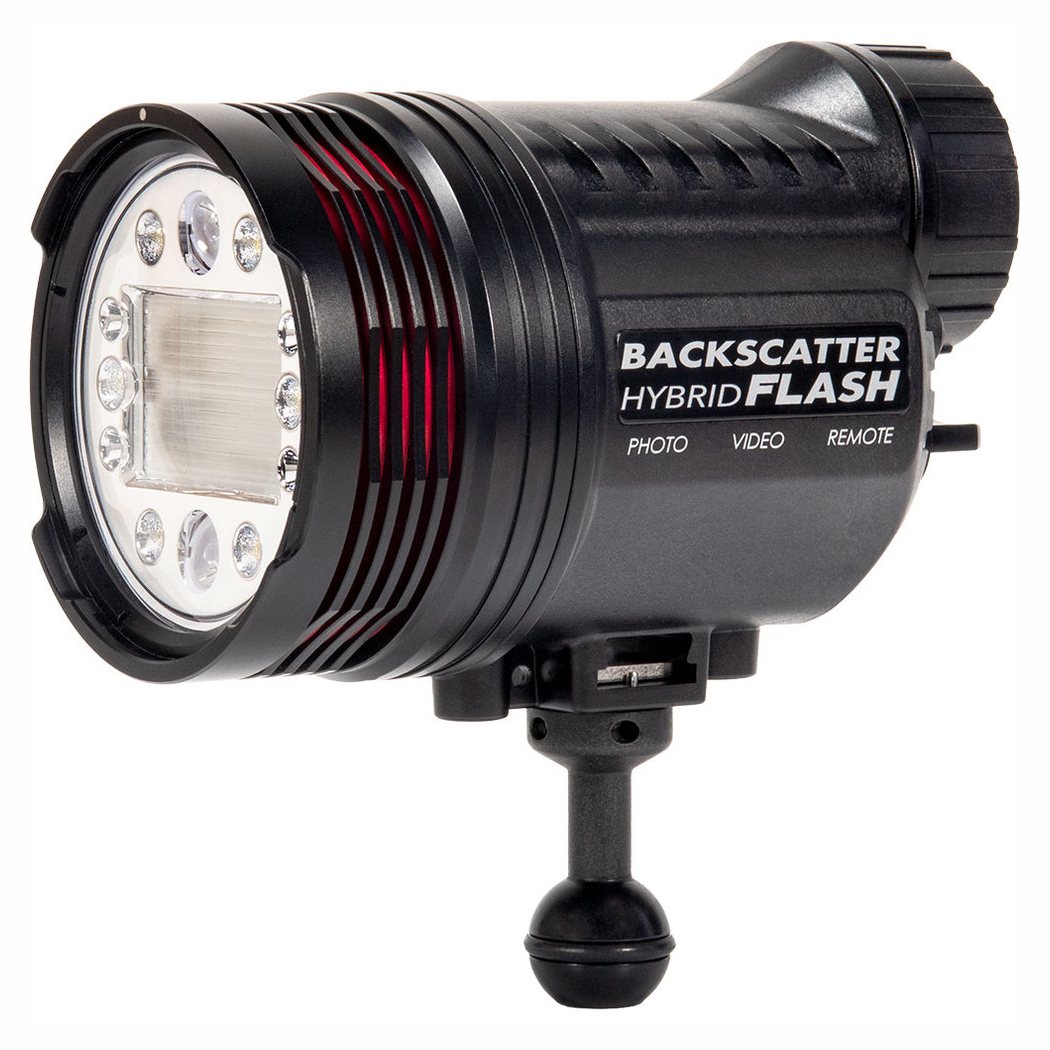 Backscatter Hybrid Flash Underwater Strobe & Video Light HF-1
Backscatter Hybrid Flash Underwater Strobe & Video Light HF-1
- Price A$ 1,595.00
-
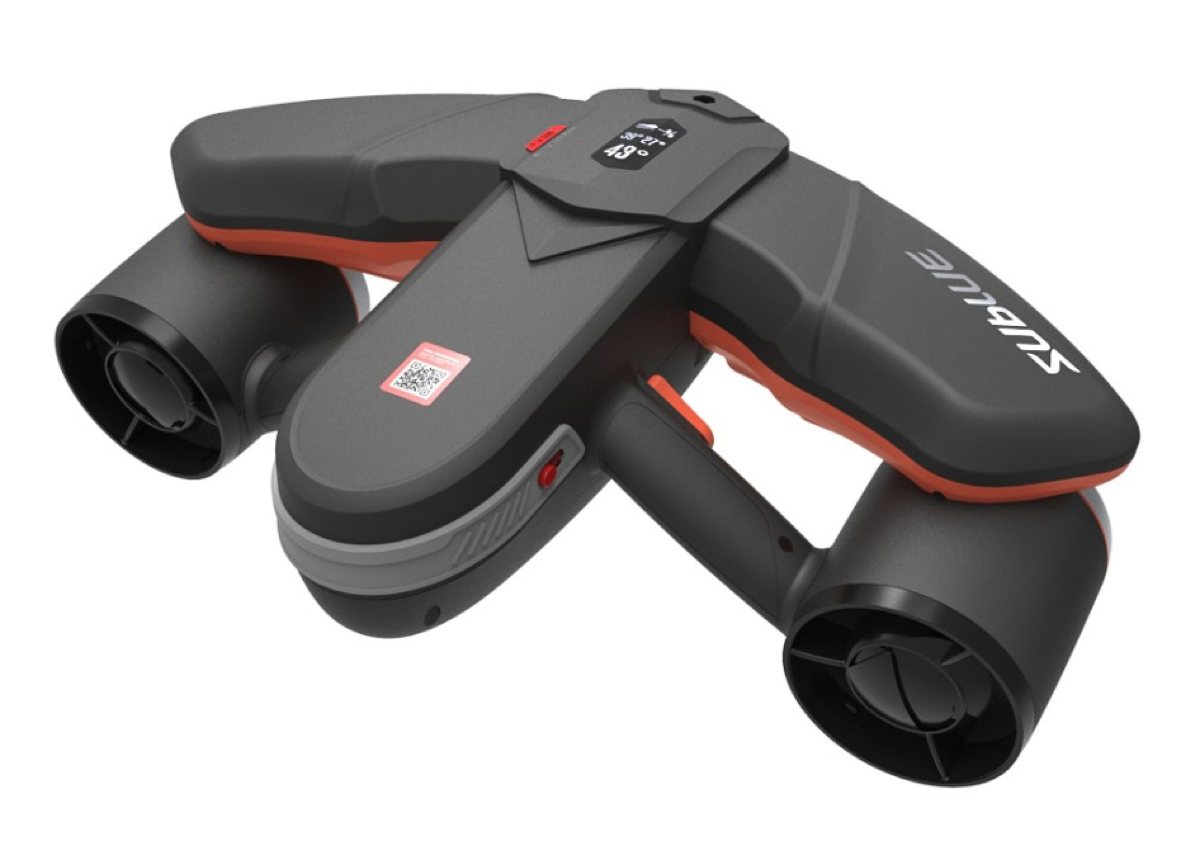 Sublue Seabow - Underwater Scooter - V1 BARGAIN - RUN-OUT SALE
Sublue Seabow - Underwater Scooter - V1 BARGAIN - RUN-OUT SALE
- Price A$ 1,499.00
-
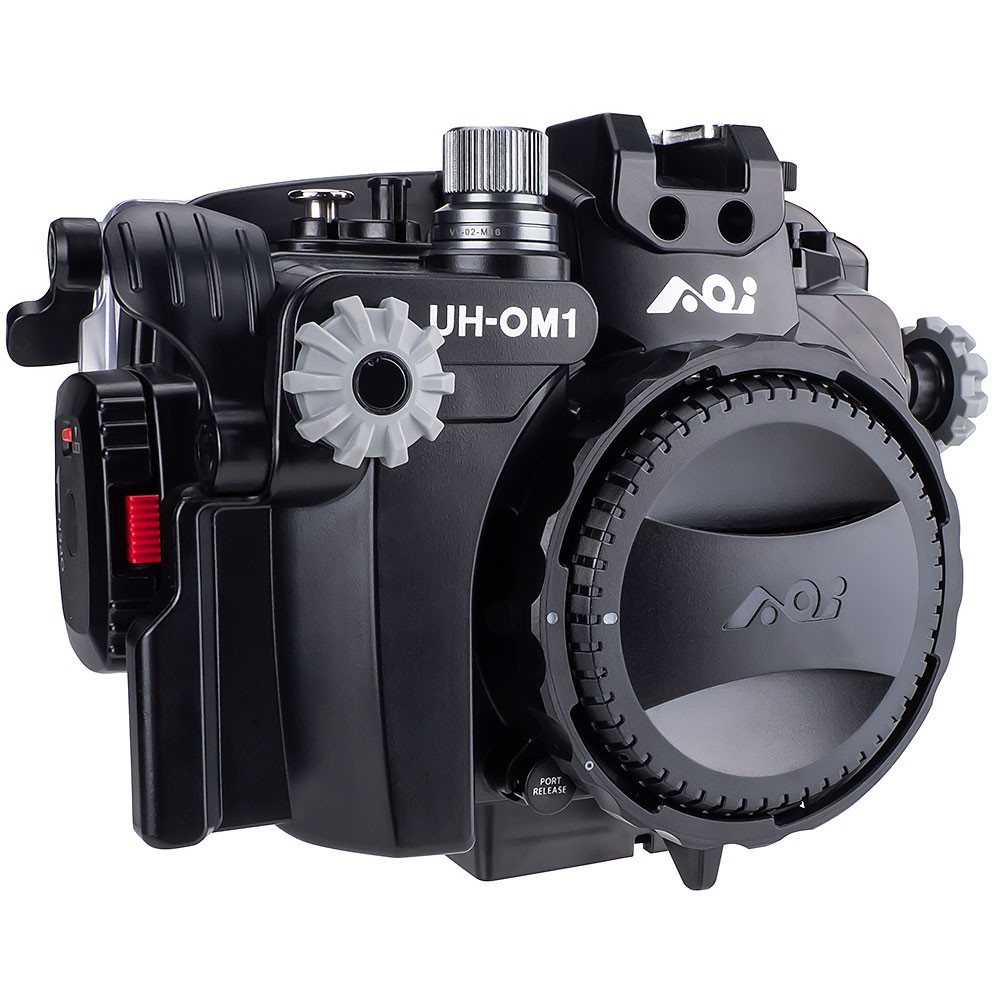 AOI UH-OM-1 Underwater Housing for Olympus and OM System OM1
AOI UH-OM-1 Underwater Housing for Olympus and OM System OM1
- Price A$ 1,699.00
-
 Venture Heat - Pro 32w Dive Vest Kit - V2
Venture Heat - Pro 32w Dive Vest Kit - V2
- Price A$ 1,139.00
Articles
-
 Wakatobi - a Diving Adventure in Sulawesi
Wakatobi - a Diving Adventure in Sulawesi
- The WAKATOBI Dive Resort is located in a remote area of Indonesia: Southeast Sulawesi. The currents that pass through channels and along the steep drop offs carry an incredible diversity of marine life that settles on the substrates surrounding the atolls.
